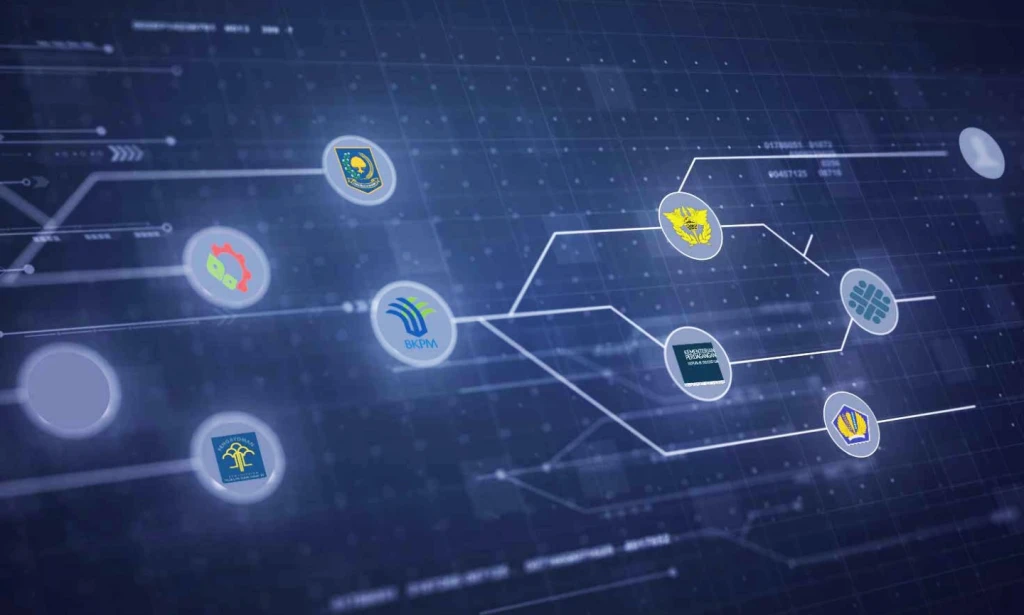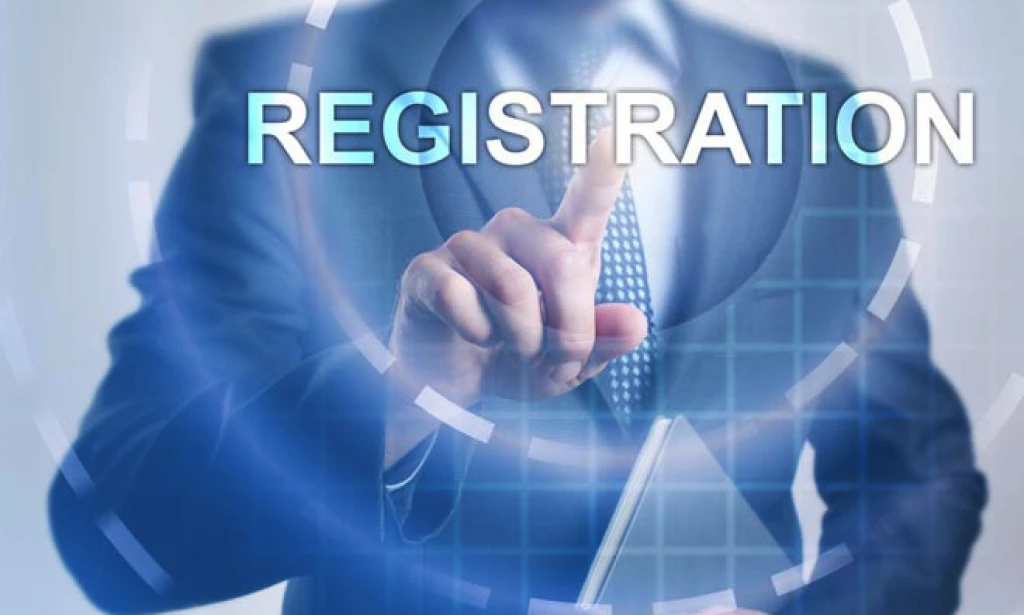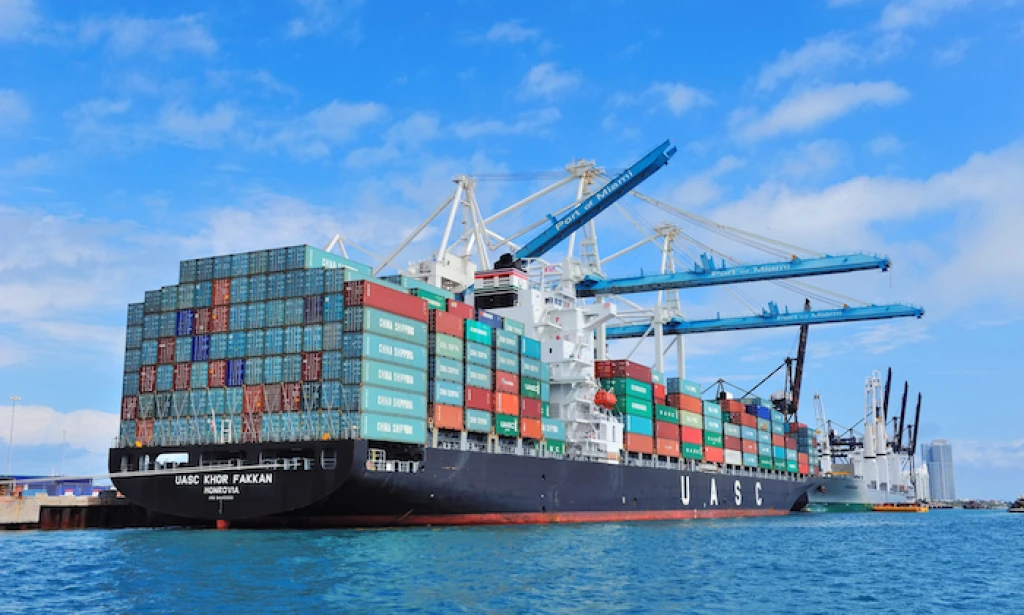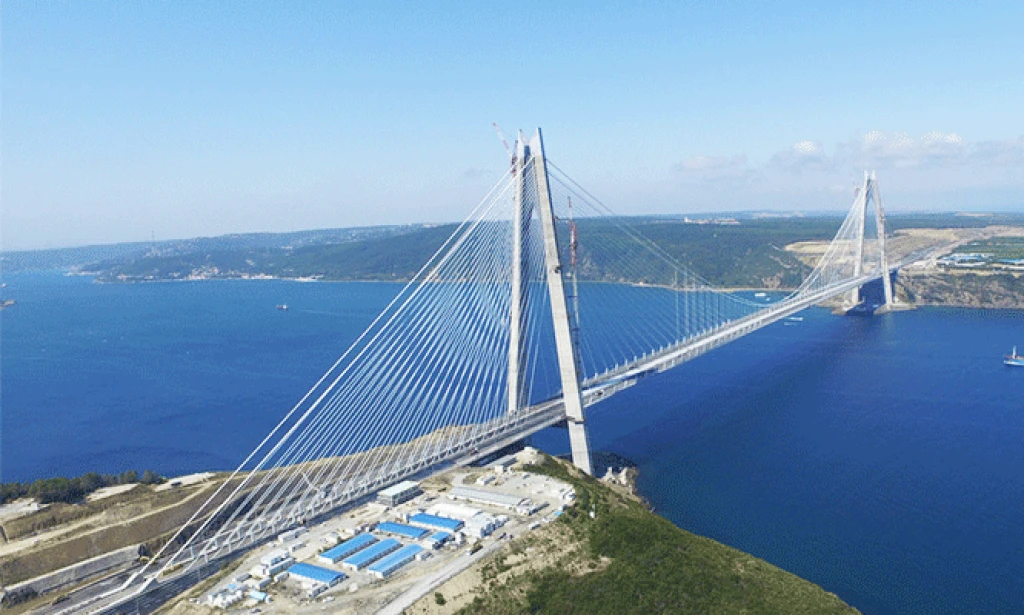
New BKPM Regulation On The OSS System
Read More
Indonesian E-court System
Read More
Registration of Limited Partnership, Firm and Civil Partnership
Read More
Online Single Submission (OSS) System – New Regime of Business Licensing Process in Indonesia
Read More
Indonesia National Single Window
Read More
Coal Sale Price For The Supply of Electricity For The Public Interest
Read More
Indonesia Investment Realization Report Quarter I 2018
Read More
New Presidential Regulation on Use of Foreign Workers
Read More
Indonesian Companies Must Report Their Beneficial Owners
Read More
